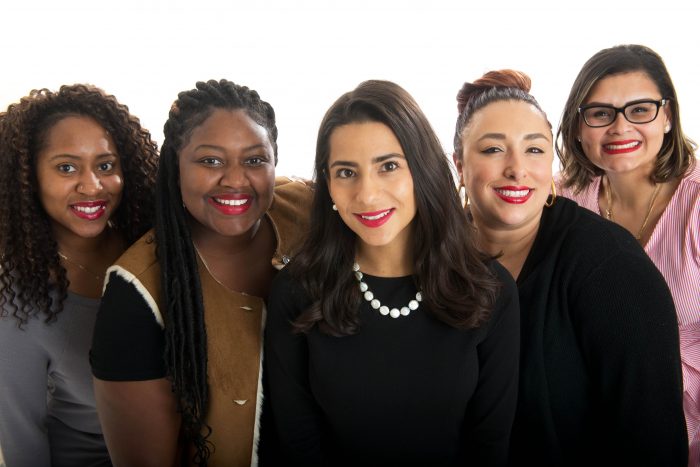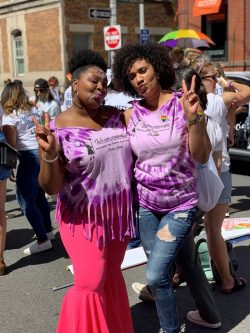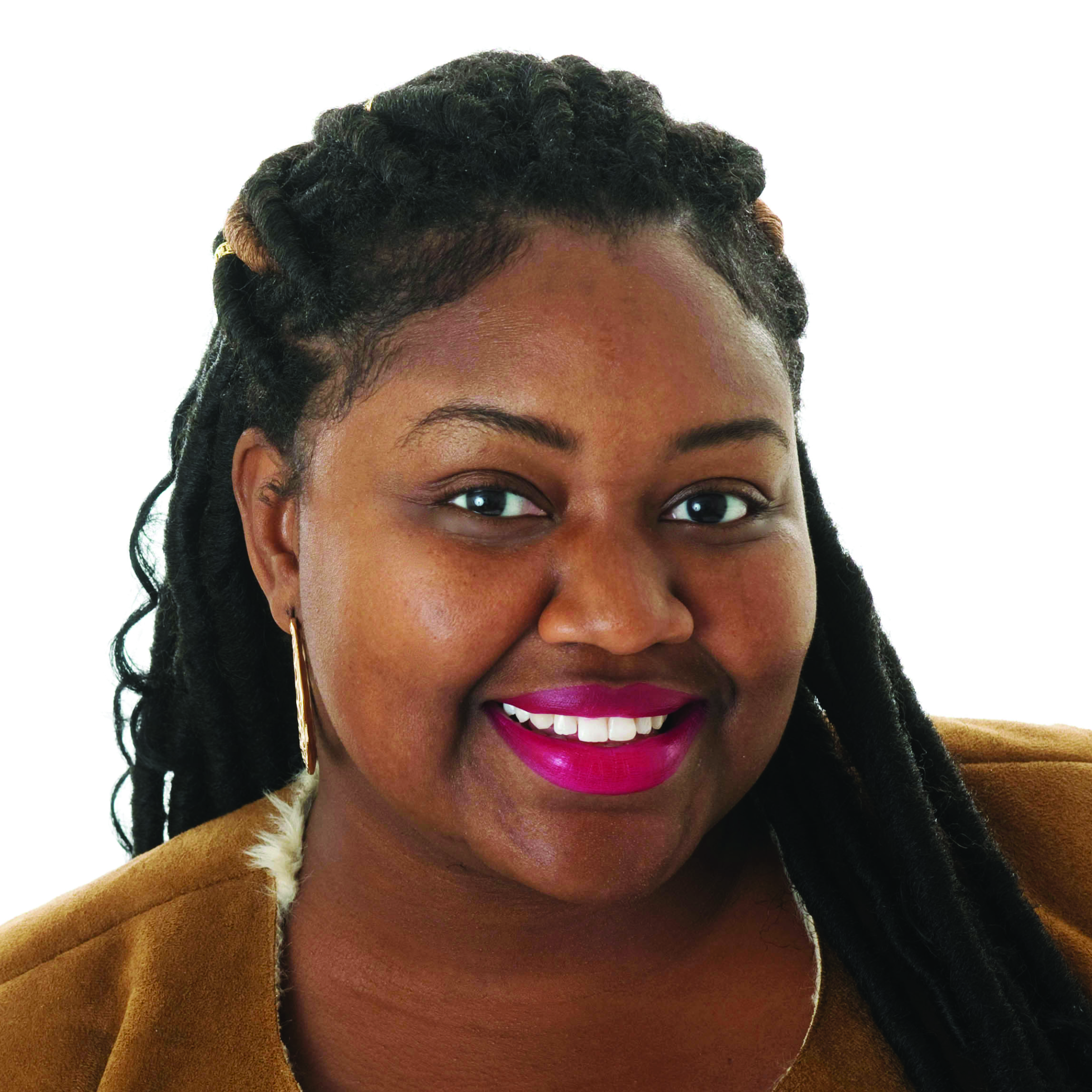Survivor Story
Staff Interview: Cynthia
A lifelong Bostonian and a social worker, Cynthia was the first person to step into Casa Myrna’s new Dorchester Community Engagement Coordinator role. She channels her warmth and optimism into cracking up & cheering on her coworkers as well as supporting survivors. Outside of work, she’s just as full of energy: she’s an entrepreneur, a board member at Propa City Community Outreach, and a dancer with a love for ballroom, ballet, bachata, and more.
What do you do as the Dorchester community engagement coordinator?
In this role, I do a number of different things, all focused on Black women from Dorchester. I provide services: advocacy, brief counseling, support with navigating resources. The participants I work with are all Black women from Dorchester, but there’s so much diversity within that group: women whose families have lived in the neighborhood for decades, and also recent immigrants who speak Arabic, Cape Verdean kriol, French, Haitian kreyòl.
In addition, I’m out in the community, attending monthly meetings and building partnerships with organizations in Dorchester. I find out what other organizations are dealing with and figure out how we can help.
What makes Dorchester unique as Boston neighborhood?
I’ve always lived in Boston: I grew up in Roxbury, and now I live in Dorchester. It’s very diverse and–many people don’t know this–the largest neighborhood in Boston. Whenever I’m out at community events in Dorchester, I see the pride and connections people have in their neighborhood. No matter what happens here, the Dorchester community grows and pushes forward.

Members of the Community Advocacy Program team, from left: Shavon, Cynthia, Roxana, Camila, and Yoanna.
What kinds of needs or experiences do the survivors you serve share?
Black women from Dorchester often lack trust in systems and services because of their experiences. These are women who have had to take the brunt of whatever the community is dealing with and still remain strong enough to push forward. They are not believed even when they’re begging and screaming and crying for support. They need someone to say to them, “hi, I see you. I know you need support. I know these are issues that you run into when you’re looking for support, and I have your back.”
I want participants to be able to say to me, “I know that you actually understand what I’m going through, and that you will go to bat for me.”
Have you seen people more to a more hopeful place while you’re working with them?
Yes, all the time. Every situation is different; where they’re coming from, what they’re bringing with them. But a lot of people say, “wow, I can see the difference, compared to how things were a month ago to now.” They’ll say sometimes, “I was in a difficult situation, and I felt my inner Cynthia coming out”—meaning they advocated for themselves and their needs on their own, without my being there with them. That’s the goal. You want there to be growth.
I don’t want survivors to be so connected to me that they’re afraid to let go. I want them to gain skills and feel that support whether I’m there or not, and for that to give them what they need to push through life. I want them to internalize that things could be better, but they’ve got to stick up for it, they’ve got to fight for it.
Why did you decide to become a social worker?
Becoming a social worker was a natural extension of how I live my life. In a way, it was a title for what I had already been doing. My mom didn’t raise no quiet child because she’s not a quiet woman either. She’s one of those people who speaks up for others, and so am I. I take care of those around me, and when I see something going on that isn’t right, I always check in and offer support.
A lot of people get stuck, or don’t push themselves further, because they don’t have the support they need, and everything around them looks dark. They don’t have people telling them that they’re worth more, they’re smart, they have something to contribute. From a young age I wanted to be one of the people who could look someone in the eye and say, “You can have so much better.”

Cynthia at Casa Myrna’s Boston Pride contingent with a co-worker on June 8, 2019!
How can a person who’s not a social worker or an advocate help someone who’s told them they’re experiencing domestic violence?
The main thing is to listen. Just listen. And even if you don’t know specifically what your friend’s options are, tell them, “I’m pretty sure that there are ways to figure this out, and that there are people out there that can help you.” Help them move forward, and help them make some sort of connection. You can give them the SafeLink domestic violence hotline number, 1.877.785.2020, or call SafeLink yourself to find out what kind of support they can access and what connections you can make for them.
I think sometimes when someone confides in us, we think we have to have the final answer. But sometimes—often—we don’t. What matters is that you’re willing and able to help them start moving in a direction. Tell them, “there is a brighter day, and even if you can’t figure it out, even if you feel like you don’t have it in you, borrow my strength, borrow my courage. Let me send you over here, let me give you this phone number, because they will help you in whatever way they can.”
Your tax deductible gift ensures survivors won’t walk alone as they forge their own paths towards brighter futures. Donate so that Cynthia, John, Roxana, and other Casa Myrna advocates can be there for them every step of the way.
Meet More Faces for Change
Read an interview with John, Emergency Shelter Advocate!
Read an interview with Roxana, Community Advocacy Specialist!


